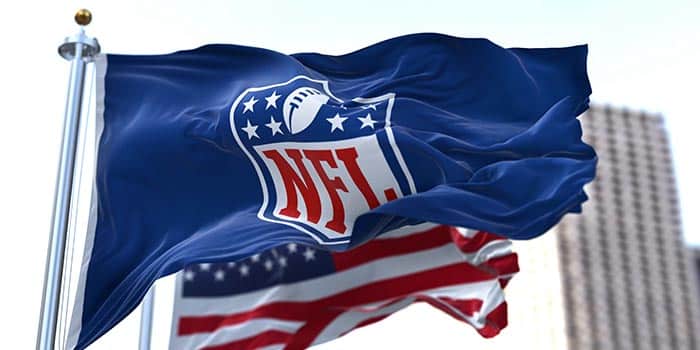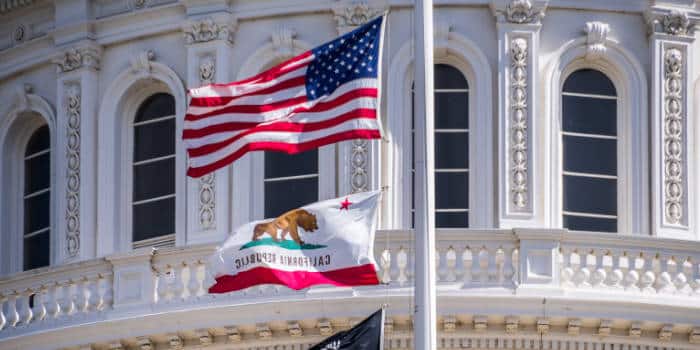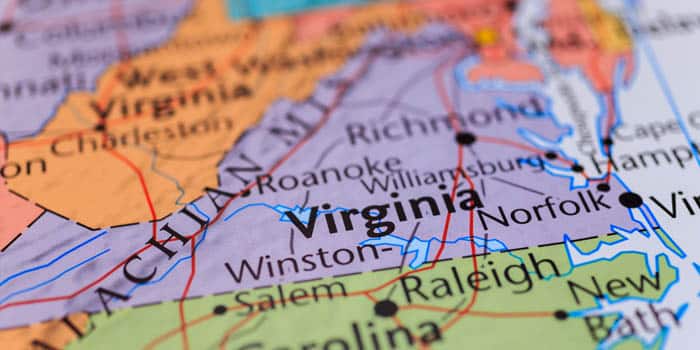Fact-checked by Stoyan Todorov
Brazil Increases Gambling Tax, Industry Pushes Back
The Brazilian Ministry of Finance has announced a 6% tax increase on gross gaming revenue, effective immediately, just half a year after the market's official launch

Just six months after opening the doors to legal online betting, Brazil’s Ministry of Finance has announced a surprise increase to the tax rate on gross gaming revenue (GGR).
The rate will jump from 12% to 18%, effective immediately, though the provisional measure (MP) that has received the green light from the ministry still needs to get approval from Congress within 120 days to stay in place.
The Tax Burden Could Harm Market Competition
Finance officials say the hike, which will apply to the amount left over for sportsbooks after paying the corresponding prizes to bettors, is a necessary step to help balance the country’s books.
The ministry had previously considered raising the Financial Transactions Tax (IOF), which applies to operations like international transfers, from 0.38% to 3.5%.
However, concerns voiced by the Central Bank over potential investor fallout and inflation risks pushed Finance Minister Fernando Haddad to reconsider. Instead, online gambling emerged as a more politically acceptable source of revenue.
While the move may make sense from a budget standpoint, it’s raising alarm bells within the industry.
The Instituto Brasileiro de Jogo Responsável (IBJR) and other operator groups warn that Brazil’s already steep tax stack is bordering on punitive.
In addition to the new 18% GGR rate, operators must also pay 9.25% in PIS/COFINS, up to 5% in municipal service tax, and 34% on corporate profits.
Altogether, the effective tax burden could exceed 50%, which IBJR argues would “reduce operator investment and harm competition in the market.”
Another significant shift coming with the new regulations is the removal of tax exemptions on several widely used investment products.
Until now, options like LCIs (Real Estate Credit Letters) and LCAs (Agribusiness Credit Letters) were attractive in part because they were tax-free. However, all that is changing now.
Going forward, these instruments will face a 5% tax rate. The same rule applies to CRIs (Certificates of Real Estate Receivables) and CRAs (Certificates of Agribusiness Receivables), which are also losing their tax-exempt status.
According to the government, the goal is to correct imbalances in the system. Officials argue that these exemptions gave certain investments an unfair advantage, especially when others were taxed at much higher rates.
Regulators Ask for Caution
Regulators are asking for increased caution. The Secretariat of Prizes and Betting (SPA), Brazil’s national gambling authority, has emphasized the need for a “balanced approach” that supports both tax revenue and long-term market sustainability.
The SPA has recently been active on the enforcement side as well, suspending several operators who failed to submit mandatory cybersecurity documentation under Article 8 of Ordinance SPA/MF No. 722/2024.
Fortunately, most of those issues were resolved quickly, and licenses were reinstated shortly after.
With lawmakers set to review the tax increase in the coming months, the debate over how best to regulate and tax Brazil’s booming betting sector seems to be far from over.
After finishing her master's in publishing and writing, Melanie began her career as an online editor for a large gaming blog and has now transitioned over towards the iGaming industry. She helps to ensure that our news pieces are written to the highest standard possible under the guidance of senior management.

















